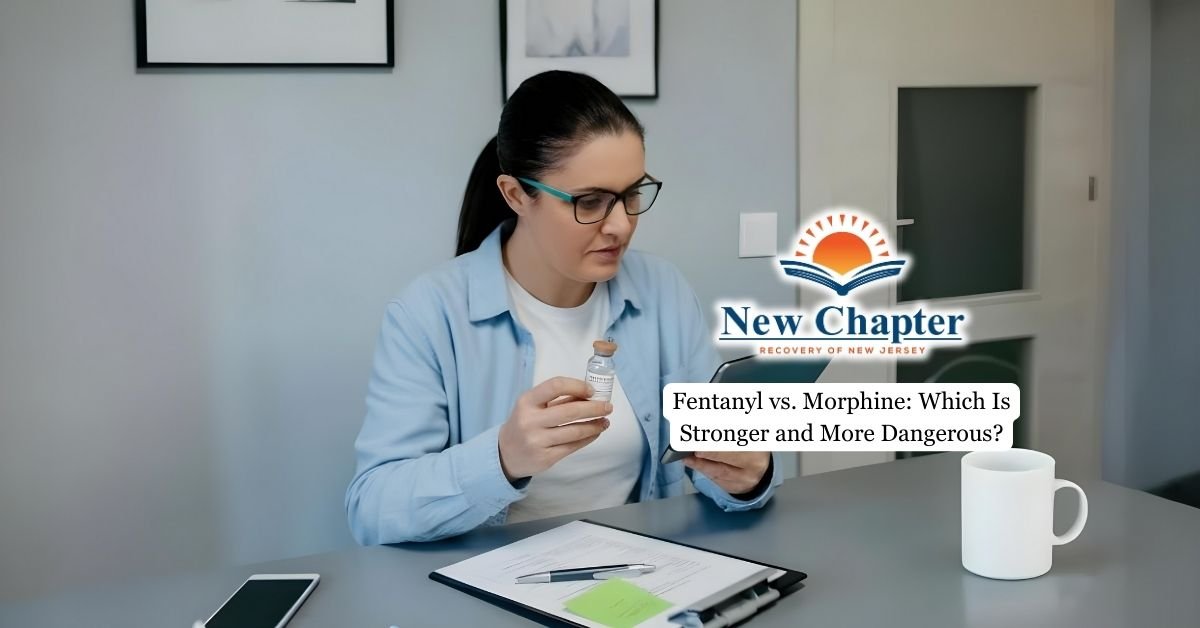Ritalin is a widely prescribed medication used to treat Attention Deficit Hyperactivity Disorder (ADHD). While it helps manage symptoms like inattention and impulsivity, some individuals report weight loss as a side effect.
This article explores whether Ritalin can cause weight loss, how it works in the body, and what users should be aware of when it comes to appetite, weight, and health.

Understanding Ritalin and Its Role in ADHD Treatment
Ritalin, the brand name for methylphenidate, is a stimulant medication that affects the central nervous system. It works by increasing the levels of dopamine and norepinephrine in the brain, which are chemicals involved in focus and attention. The FDA approves Ritalin to treat ADHD in adults and children, and it is sometimes used to manage narcolepsy in adults.
As a prescription medication, Ritalin should only be used under the guidance of a healthcare provider. The active ingredient in Ritalin, methylphenidate, is a central nervous system stimulant known for its ability to help people with ADHD improve concentration and self-control. Ritalin is primarily used to treat ADHD, but it may also be prescribed for other conditions under strict medical supervision.
Ritalin increases the availability of dopamine and norepinephrine in the brain, which enhances focus but may also contribute to changes in appetite and metabolism.
In cases of misuse or dependency, seeking professional Ritalin addiction treatment may be necessary to ensure safe and effective recovery.
Appetite Suppression and Weight Changes
One of the most common side effects of Ritalin is decreased appetite. For many, this loss of appetite occurs shortly after starting the medication or increasing the dosage. Because food intake is directly tied to body weight, reduced appetite can lead to unintentional weight loss, especially in children and adolescents with attention deficit hyperactivity disorder.
Studies and clinical observations have shown that appetite and weight may fluctuate during methylphenidate treatment. While some users adjust over time and regain their normal eating habits, others may continue to experience suppressed appetite, leading to potential weight concerns. This is particularly significant for growing children, where maintaining a healthy weight and nutrition is essential.
How Ritalin May Cause Weight Loss
Ritalin can cause weight loss through several mechanisms:
- Decreased appetite: The stimulant properties of the drug reduce hunger signals.
- Increased activity levels: People taking Ritalin may experience more energy, leading to increased physical activity and calorie expenditure.
- Delayed meals: Some individuals report forgetting to eat or feeling too focused to stop and eat, which can contribute to lower caloric intake.
Though not approved for weight loss, the use of Ritalin for weight management has been observed in cases of misuse. Some individuals may misuse Ritalin in attempts to lose weight, which poses significant health risks and can lead to dependence and cause serious side effects. Over time, reduced food intake and increased activity levels can lead to weight loss.
Risks of Misusing Ritalin for Weight Loss
Using Ritalin outside of prescribed guidelines is not only dangerous but illegal. As a controlled substance, Ritalin should only be used under the supervision of a qualified medical professional. Misuse, especially for purposes like rapid weight loss or increased academic performance, can cause potential side effects.
These may include heart palpitations, high blood pressure, insomnia, mood swings, and even psychological dependence. In some cases, excessive use can result in an overdose, which may lead to severe medical emergencies. Ritalin is not an effective way to lose weight and can also lead to long-term health consequences when misused. Anyone considering taking Ritalin for reasons other than treating ADHD should speak with their prescriber to understand the risks involved.

Monitoring Weight in Children and Adults Taking Ritalin
For people with ADHD, especially children, regular monitoring of appetite and weight is essential when taking stimulant medications like Ritalin. Healthcare providers often assess weight changes during follow-up appointments and may recommend dietary adjustments, taking medication with meals, or “drug holidays” (temporary breaks from medication) to support healthy weight gain or maintenance.
In some cases, if weight loss becomes a concern, doctors may adjust the dosage, switch to a different ADHD medication, or suggest additional nutritional support. Weight management should always be part of a comprehensive health strategy, not driven solely by medication.
Can Ritalin Cause Weight Gain?
Though rare, some individuals report they gain weight while taking Ritalin. This could occur during dosage adjustments or as the body builds tolerance to the appetite-suppressing effects. Additionally, individuals who stop taking Ritalin may regain lost weight, especially if their appetite returns to normal levels. Withdrawal symptoms—such as fatigue, irritability, or mood changes—may also occur when stopping Ritalin, and should be monitored.
Weight changes associated with Ritalin use are highly individual and can vary depending on factors such as age, dosage, diet, activity level, and overall health. It’s essential to take these changes seriously, especially in children and adolescents, whose development relies on a balanced diet.
Final Thoughts from New Chapter Recovery
At New Chapter Recovery, we recognize the complex relationship between stimulant medications like Ritalin and their effects on appetite, weight, and mental health. For individuals struggling with Ritalin misuse or dependency, our addiction treatment services in New Jersey offer structured, evidence-based care tailored to each individual’s needs.






